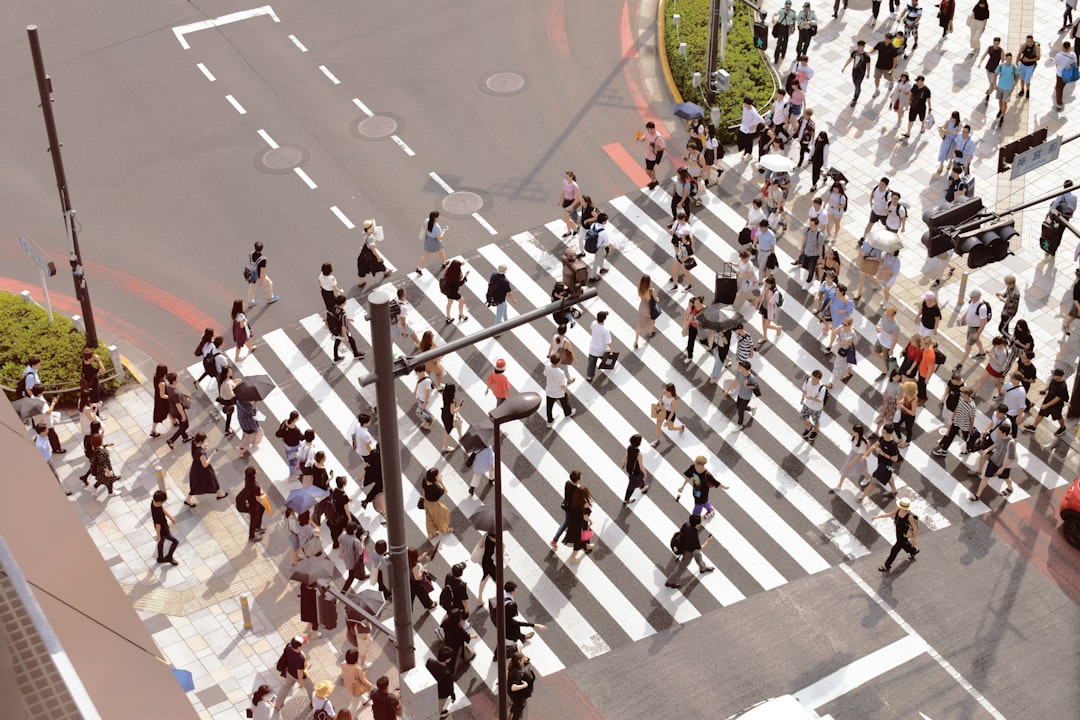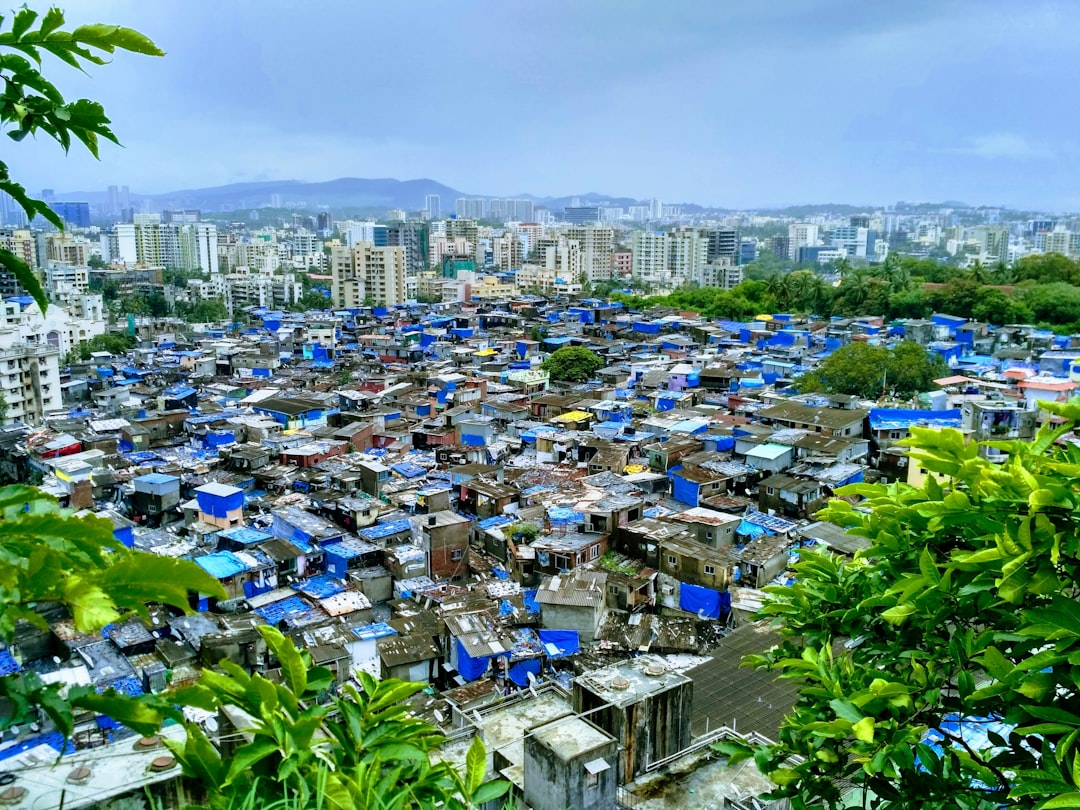What is it about?
This study adopts the sustainable livelihoods framework to assess multifaceted aspects of everyday life and work experiences of waste pickers in Dhaka, Bangladesh. The framework takes an integrated and trans-disciplinary approach to livelihood assets and vulnerabilities. Our findings reveal the extreme poverty and neglect of waste pickers, while they are making the city more sustainable. Specific policies, strategies and actions are needed to reduce risks and improve the working conditions of waste pickers.
Featured Image

Photo by Brian Yurasits on Unsplash
Why is it important?
Waste pickers make up a significant part of the population working in the informal sector in lower income cities, all around the world. Most of this population still lives and works in substandard conditions. They are deeply affected by the stigma demonstrated against them in their everyday life experiences. Nevertheless, they have agency and are resilient, but adequate public policies and measures to integrate them into public waste management are mostly still lacking.
Perspectives
With this article the authors want to contribute to the already existing literature that discusses participatory waste management in the global South, by filling a gap with adding a case study on the specific South Asian context in Dhaka City.
Dr. Jutta Gutberlet
UVic
Read the Original
This page is a summary of: Experiencing the Everyday of Waste Pickers: A Sustainable Livelihoods and Health Assessment in Dhaka City, Bangladesh, Journal of International Development, April 2020, Wiley,
DOI: 10.1002/jid.3479.
You can read the full text:
Contributors
The following have contributed to this page










